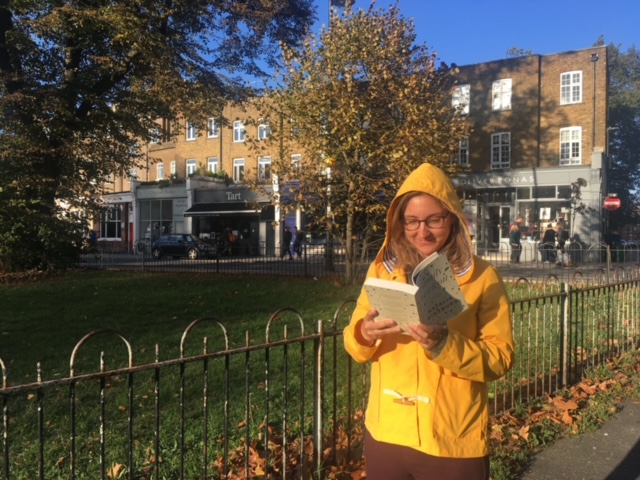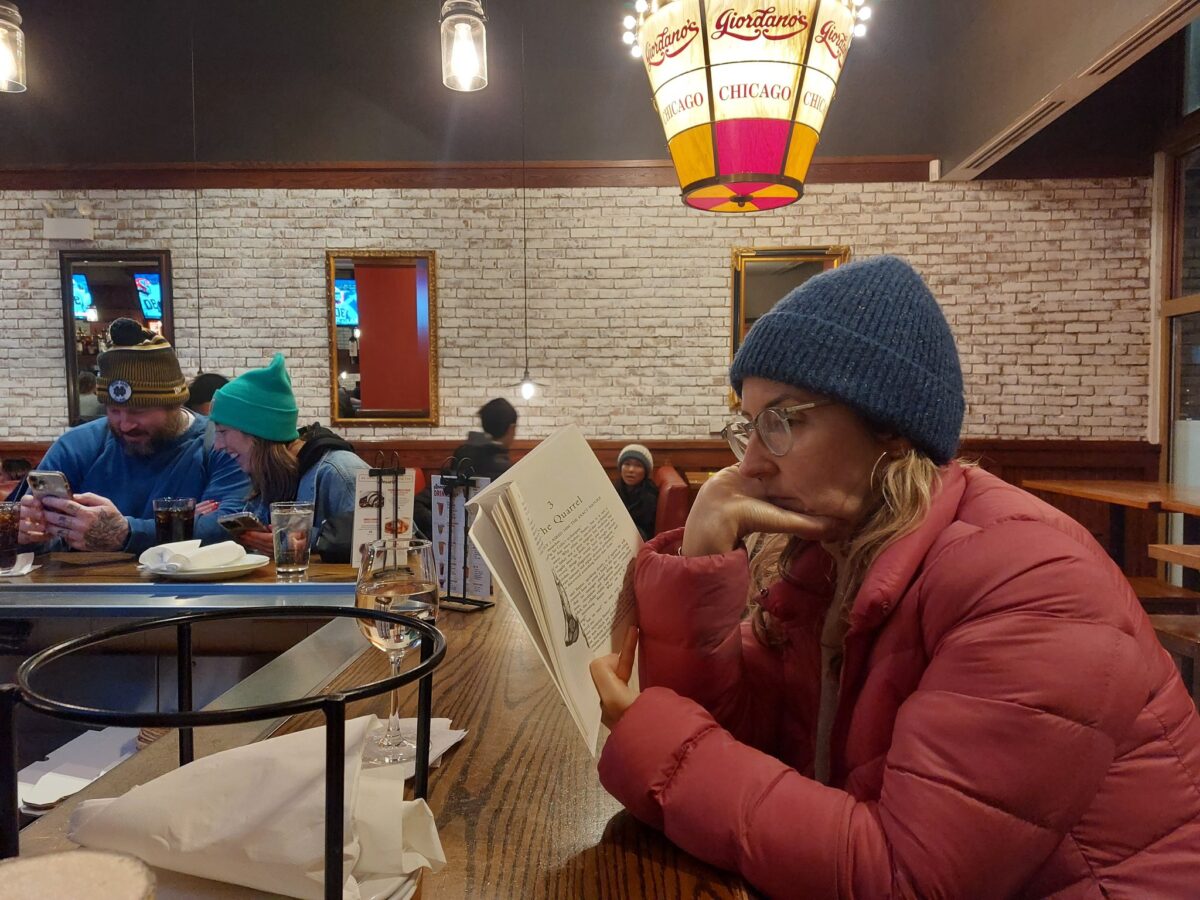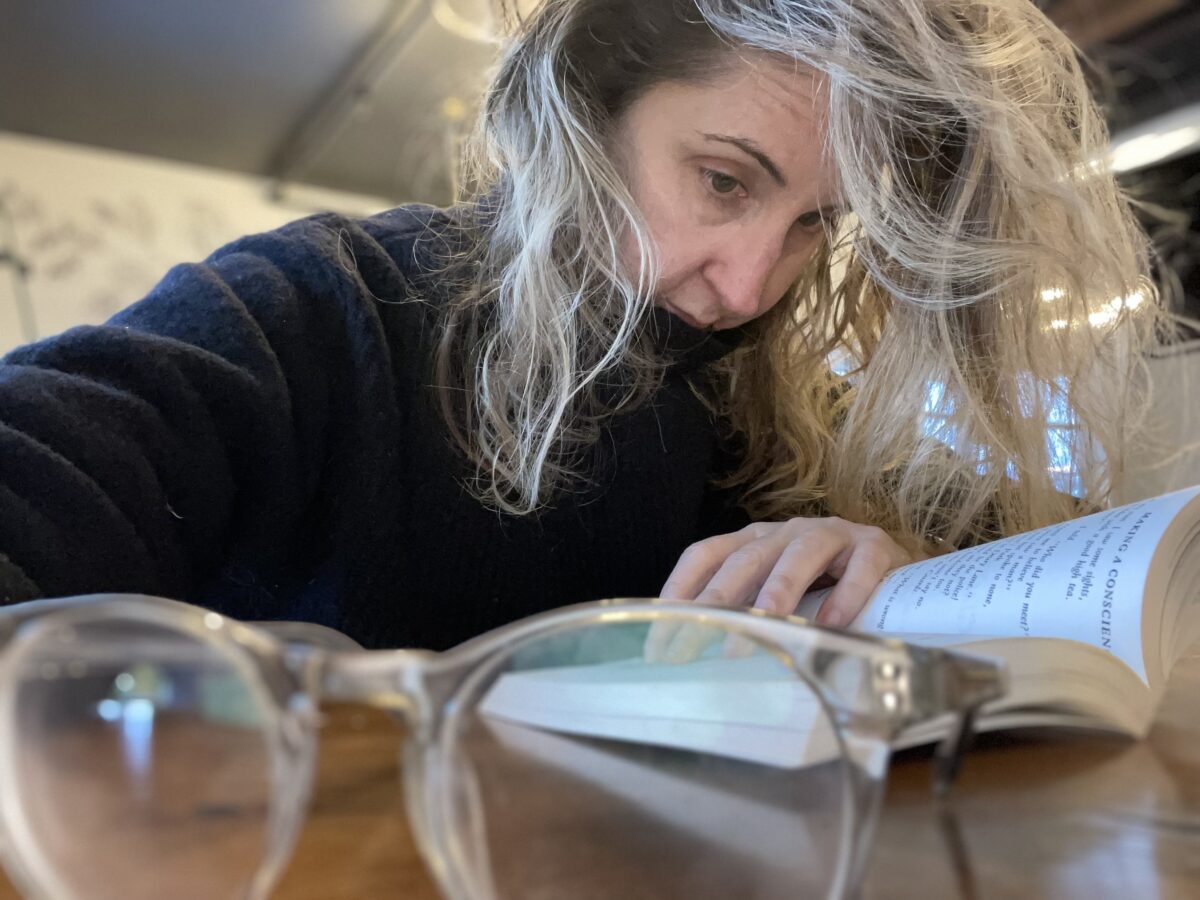Here is a book in which the worm refuses to turn. It starts off as kind of a love story, with a girl running into a boy she used to have a crush on in a London pub. You find out that the crush was so large that she followed him – without his knowledge – to Australia, so she could manufacture an accidental meeting. This is crossing a line, but okay, maybe it’s a quirky love story. Then you find out that once she got there, she was very worried that Australia – the whole country – might be being staged for her benefit. Things get weirder from there. It’s a really compelling, and claustrophobic narrative voice.
I know it doesn’t sound it, but it’s very funny. For example, at one point she says: “If there’s anything I’ve learned in my thirties, it’s don’t cut your hair while crying.” It’s also an interesting meditation on obsession. At one point, there is a parable about a monkey who puts his hand in a jar to get a treat, and then, because his hand is full, can’t get it out again. The lesson being:
“If you want to be free, all you have to do is let go.”
I like this.










